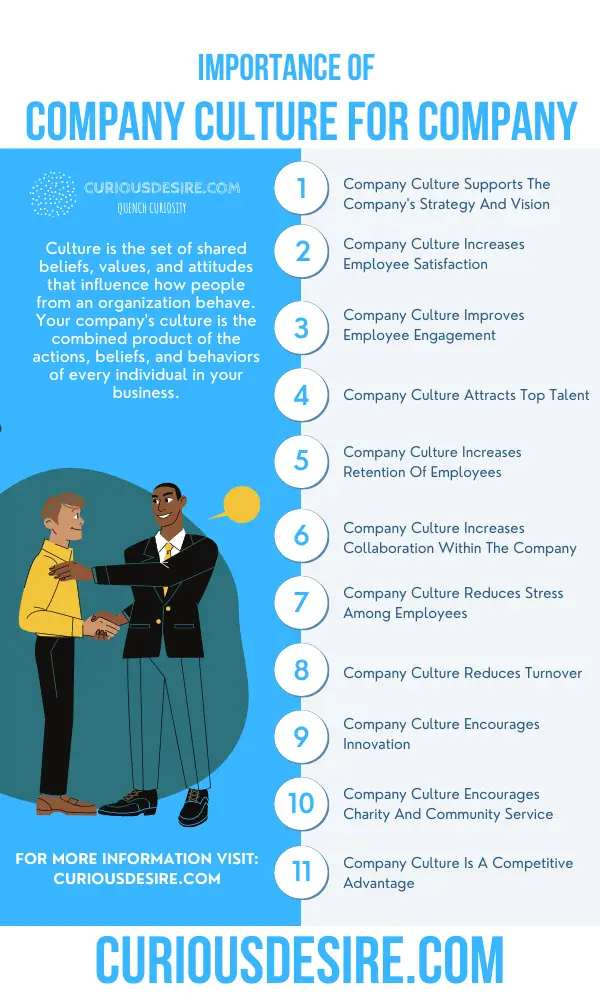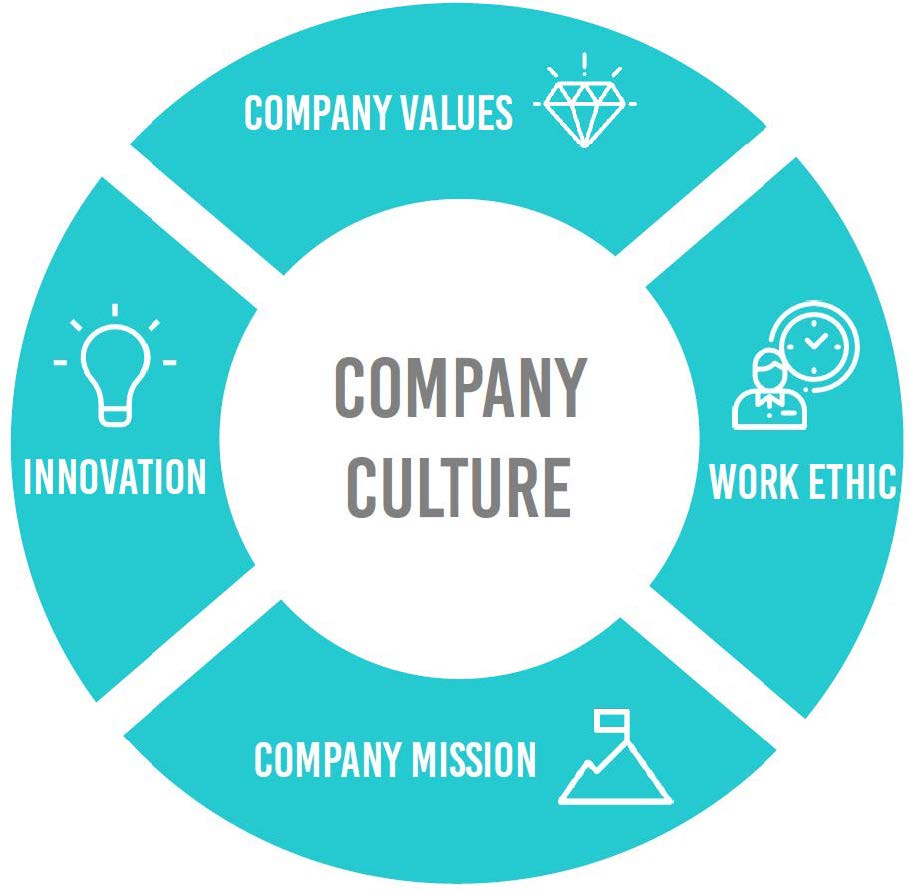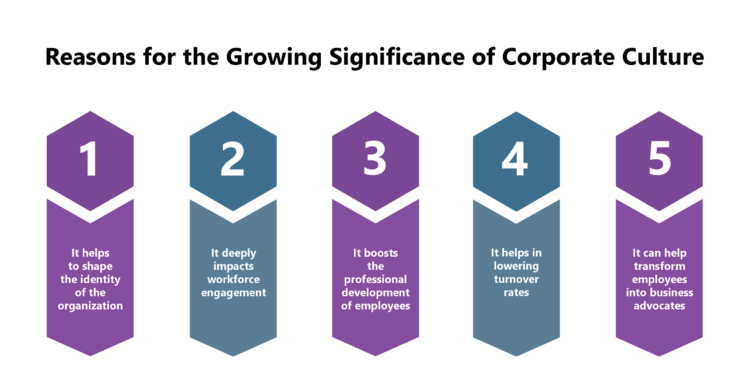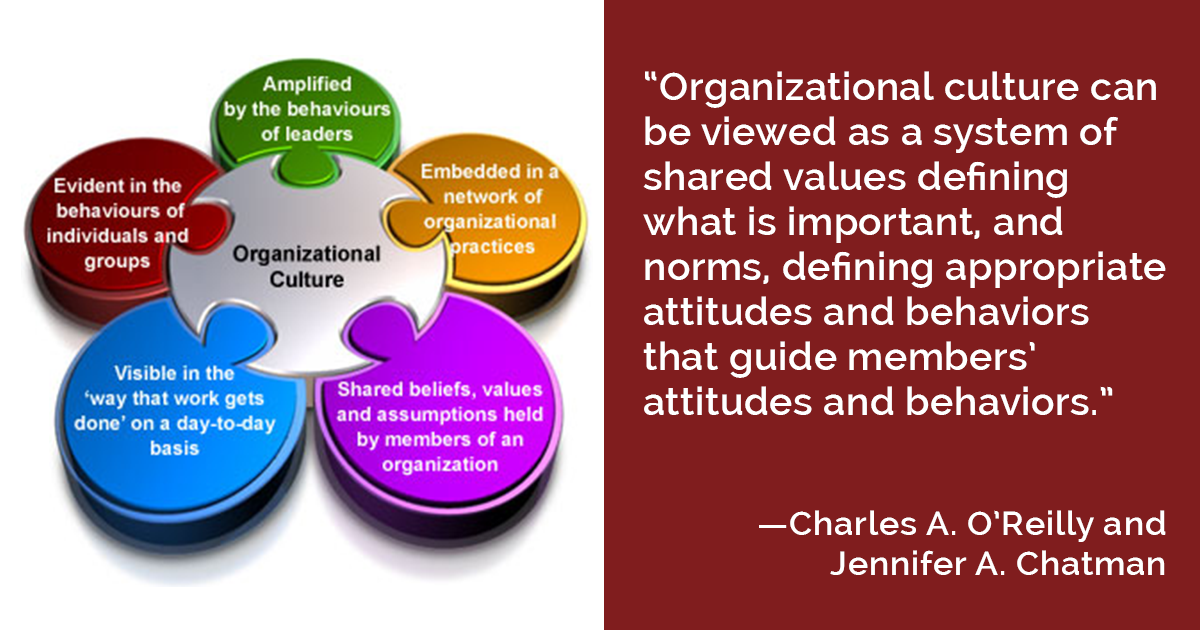Why Is Culture Of A Company Important

Toxic work environments are silently eroding productivity and profits across industries, demanding immediate attention from leaders. Ignoring company culture is no longer an option; it's a business risk.
This article explores why a thriving organizational culture is now a critical component of success, impacting everything from talent acquisition to bottom-line results. We delve into the core elements that define culture and provide actionable insights for cultivating a workplace that attracts, retains, and empowers employees.
The Undeniable Link Between Culture and Performance
A strong, positive company culture fosters a sense of belonging and shared purpose, leading to increased employee engagement. Studies show that companies with high employee engagement are 21% more profitable.
Gallup's research consistently demonstrates the direct correlation between employee engagement and business outcomes, including profitability, productivity, and customer satisfaction. Conversely, a negative culture breeds disengagement, absenteeism, and high turnover rates.
This costs companies significantly; the Society for Human Resource Management (SHRM) estimates that replacing an employee can cost anywhere from 50% to 200% of their annual salary.
Key Elements of a Strong Company Culture
Shared Values and Mission
A clearly defined and communicated mission and set of values provides a framework for decision-making and behavior. When employees understand and believe in the company's purpose, they are more likely to be committed and motivated.
Transparency and open communication are crucial for ensuring alignment between espoused values and actual practice. Regularly solicit feedback and address concerns openly to build trust.
Employee Empowerment and Recognition
Empowering employees to take ownership of their work and providing opportunities for growth and development are essential for fostering a positive culture. Recognition programs, both formal and informal, can reinforce desired behaviors and boost morale.
Investing in employee development programs can enhance skill sets and demonstrate a commitment to their long-term success. "Employees want to feel valued and that they are making a real contribution," says Dr. Amy Edmondson, a Harvard Business School professor known for her work on psychological safety.
Psychological Safety and Inclusivity
Creating a work environment where employees feel safe to take risks, share ideas, and challenge the status quo is paramount. Psychological safety fosters innovation and collaboration. Building an inclusive culture where all employees feel valued and respected, regardless of their background or identity, is crucial for attracting and retaining top talent.
"A culture of fear silences innovation," cautions Brené Brown, a renowned researcher and author on leadership and vulnerability.
Leadership Commitment
Culture starts at the top. Leaders must model the desired behaviors and actively champion the company's values. Their actions speak louder than words, and their commitment to creating a positive work environment will set the tone for the entire organization.
Effective leadership involves not only setting a clear vision but also providing the support and resources employees need to succeed. Leaders must also be accountable for upholding the company's values and addressing any instances of misconduct or unethical behavior.
The Cost of Ignoring Culture
Beyond financial losses associated with turnover and disengagement, a toxic work culture can damage a company's reputation. Negative reviews on platforms like Glassdoor can deter potential candidates and impact customer loyalty.
In extreme cases, a dysfunctional culture can lead to legal liabilities, including discrimination lawsuits and regulatory fines. The long-term consequences of neglecting company culture are far-reaching and can be detrimental to an organization's survival.
Moving Forward: Building a Culture of Success
Organizations must prioritize assessing and improving their company culture. Conduct employee surveys, focus groups, and 360-degree feedback to identify areas for improvement. Implementing changes requires a sustained effort and a willingness to adapt.
Regularly monitor progress and celebrate successes to reinforce positive behaviors. The ongoing development of a thriving company culture is a continuous journey, not a one-time fix.
Investing in your company culture is not just a nice-to-have; it's a strategic imperative for long-term success. The time to act is now.


















